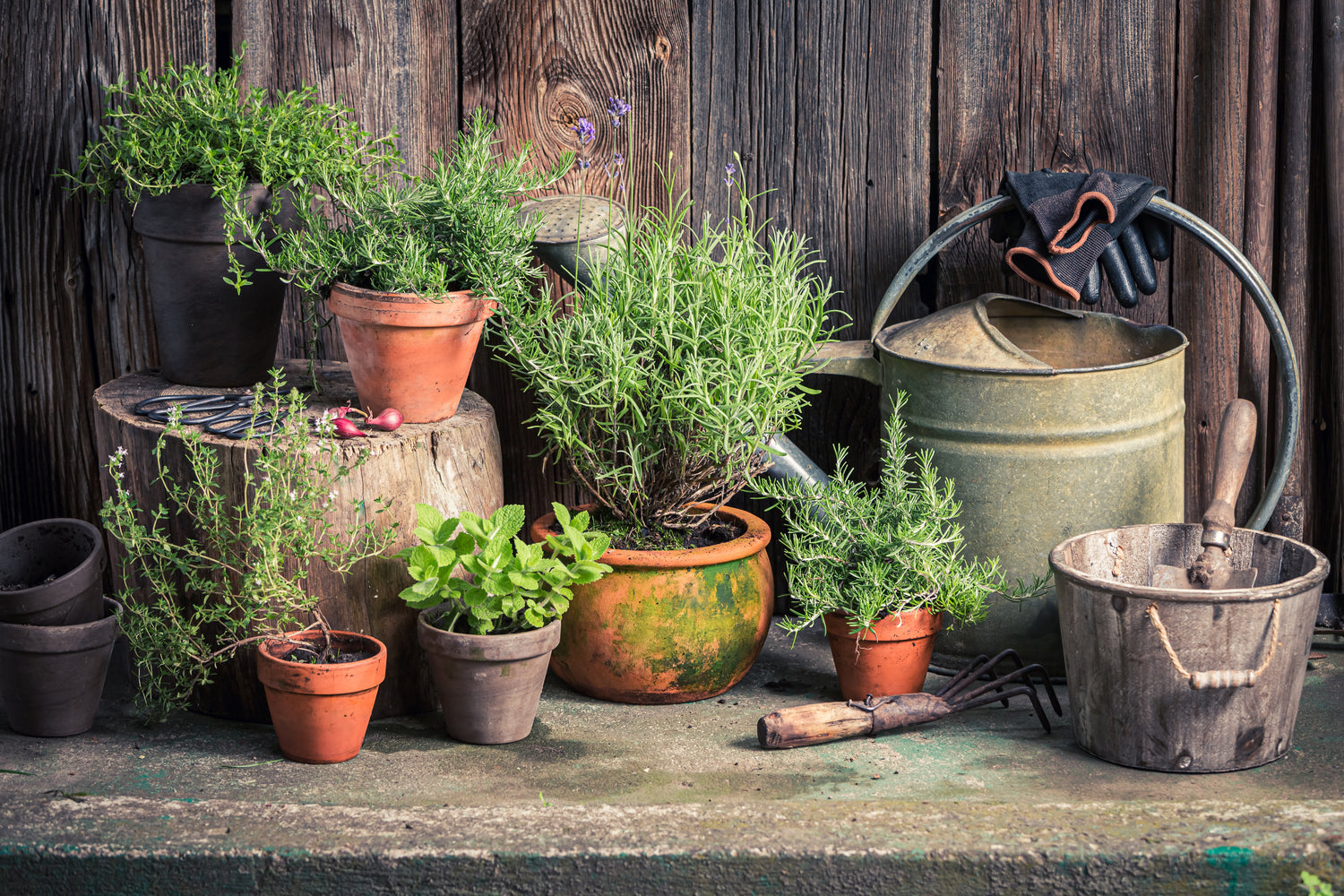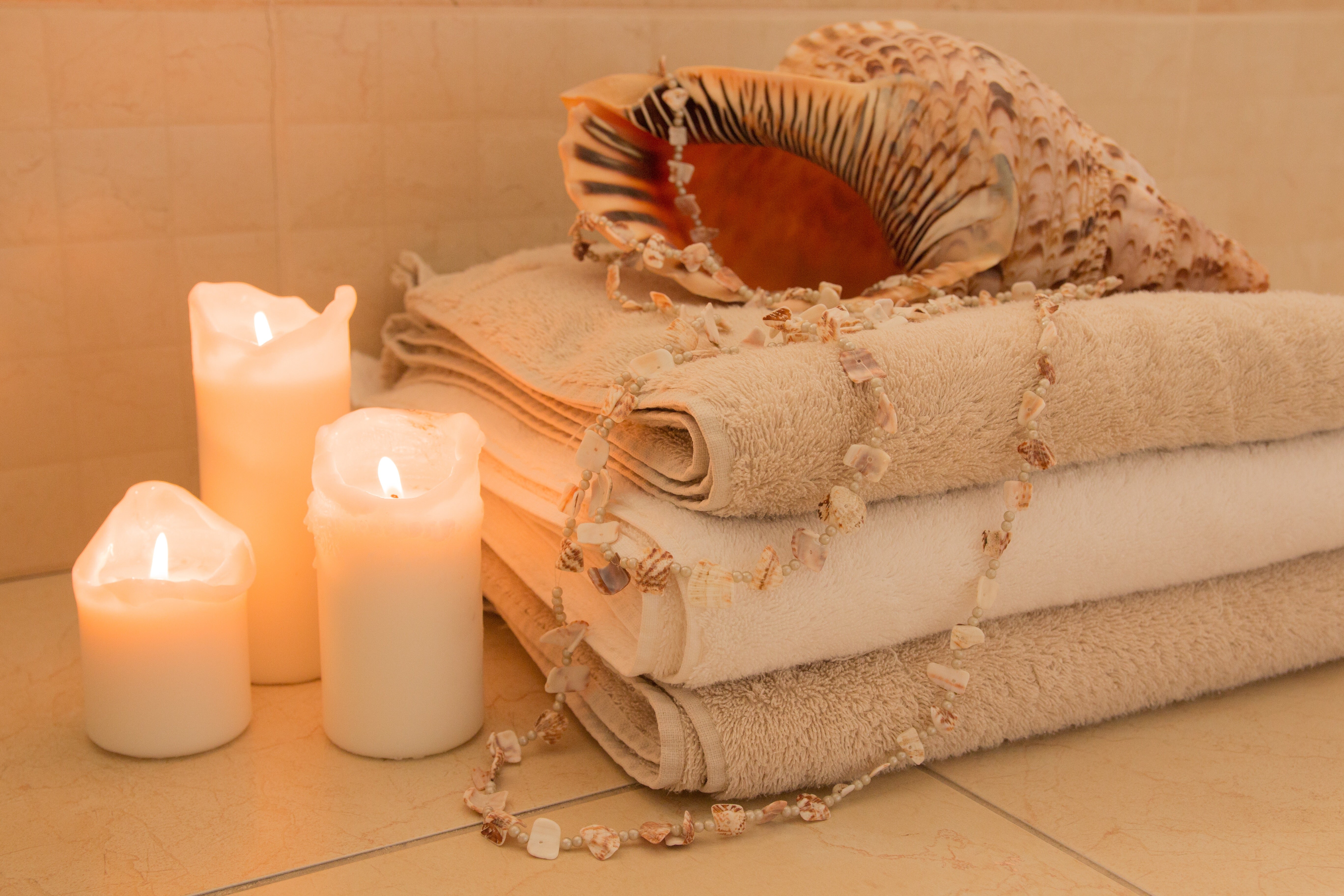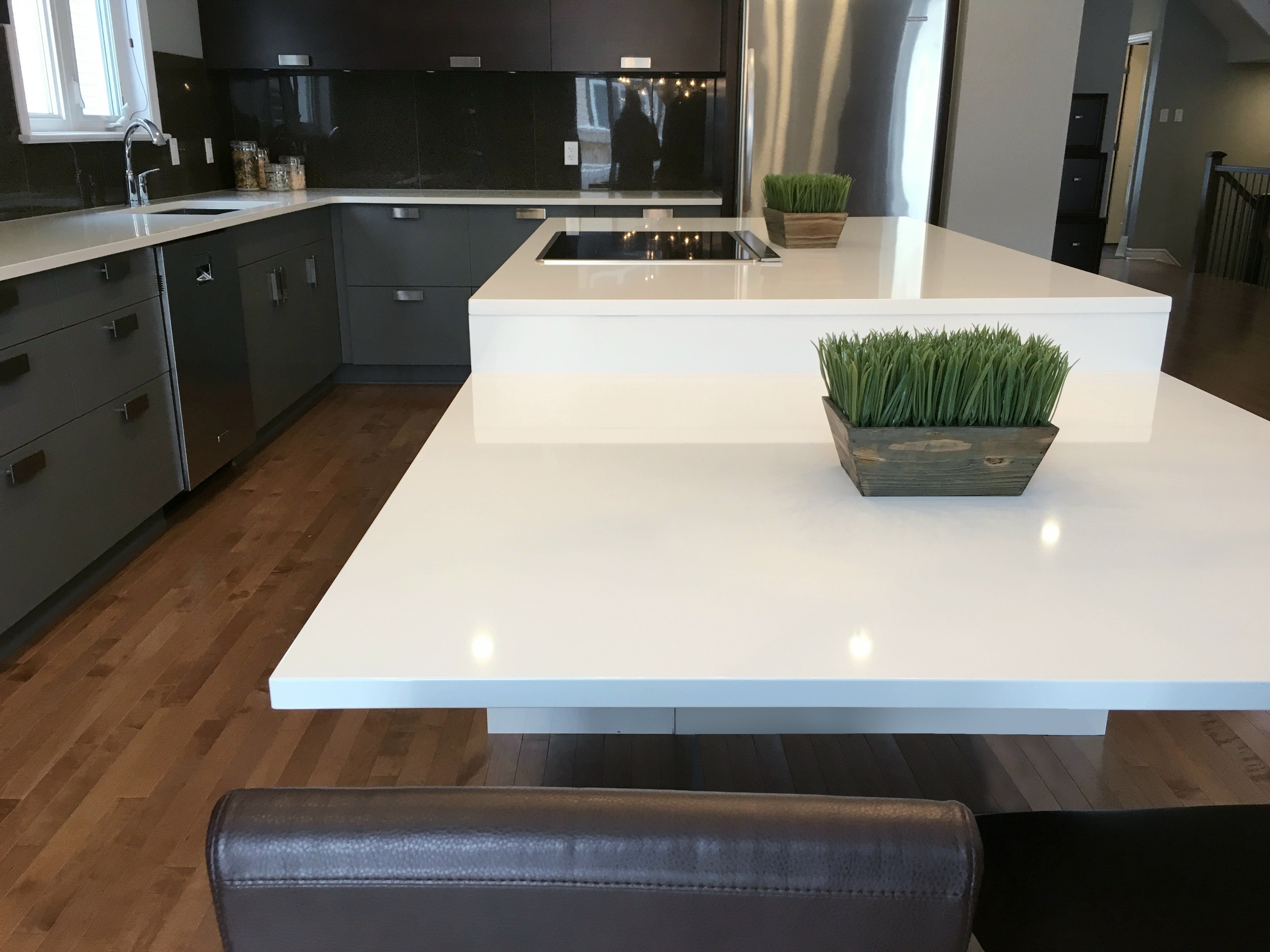Starting a kitchen herb garden or growing other small potted vegetables is a great way to add fresh, homegrown flavor to your cooking. It's also a relatively easy project that can be done in a small space, such as a windowsill, containers in a tray, or countertop display. Growing your own spices is the easiest garden to start of them all.
There are many benefits to having an indoor herb garden:
- Fresh herbs are always on hand. No more running to the store for fresh herbs when you need them! You can simply snip a few leaves from your own plants.
- Herbs are easy to grow indoors. Most herbs are relatively easy to grow indoors, even if you don't have a lot of space.
- Herbs can add flavor to your food. Fresh herbs can add a lot of flavor to your cooking. They are also a healthier alternative to using salt or other seasonings.
- Herbs can help you save money. Buying fresh herbs can be expensive, especially if you use them often. Growing your own herbs can save you money in the long run.
- Herbs can be a great way to relax. Gardening can be a very relaxing activity. If you find that you are stressed out, spending some time in your herb garden can help you to relax and de-stress.
- Herbs can add beauty to your home. An indoor herb garden can add a touch of beauty to your home. Herbs come in a variety of shapes and sizes, so you can choose plants that will complement your décor.
- Herbs can be a great way to teach children about gardening. If you have children, an indoor herb garden can be a great way to teach them about gardening. They can learn about the different herbs, how to care for them, and how to use them in cooking
How to start your kitchen garden:
- Choose the right herbs. Not all herbs are created equal when it comes to growing in a kitchen garden. Some herbs, like basil and mint, are very easy to grow and can be grown in pots. Other herbs, like rosemary and thyme, are more challenging to grow and need more sunlight and care, and space, but it is still possible with the right size pot.
- Choose the right location. Your kitchen herb garden should be in a spot that gets plenty of sunlight. If you don't have a lot of sunlight in your kitchen, you can grow your herbs in a south-facing window or under grow lights.
- Prepare the soil. The soil in your kitchen herb garden should be well-draining and nutrient-rich. You can buy potting soil or make your own by mixing together equal parts of potting soil, compost, and sand.
- Plant your herbs. When planting your herbs, be sure to space them according to the instructions on the plant tag. Water your herbs well after planting.
- Fertilize your herbs. Fertilize your spices every few weeks with a balanced fertilizer.
- Water your herbs regularly. Herbs need to be watered regularly, especially during hot weather. Be sure to water the soil directly and avoid getting water on the leaves of your herbs.
- Harvest your herbs. You can start harvesting your herbs as soon as they are big enough to use. Be sure to harvest the leaves from the top of the plant, leaving the lower leaves on the plant so that it can continue to grow.
Additional tips for your indoor garden:
- Build a simple but strong window shelf garden using support L - brackets and wood boards painted or stained to your style. Place an l-bracket on each side of the window and place your board across the two support brackets. Make as many up and down your window as you want.
- Herbs must be pruned. Do not prune more than one-third at a time, it will kill it. Herbs work on supply and demand. It will not grow healthy unless you snip some, it sends a response throughout the plant to produce more.
- Regrow food indoors. You can regrow food such as green onions, romaine lettuce, and more.
- Harvest seeds. You can harvest seeds such as lemon seeds for example. Plant them in a container indoors to grow a mini lemon tree and naturally deodorize the kitchen.
Indoor gardening is a great way to add some life to your home, improve your air quality, and even reduce stress. It's also a relatively low-maintenance hobby that can be enjoyed by people of all ages. If you're thinking about starting an indoor garden, we encourage you to give it a try. You may be surprised at how much you enjoy it!





Leave a comment
This site is protected by reCAPTCHA and the Google Privacy Policy and Terms of Service apply.